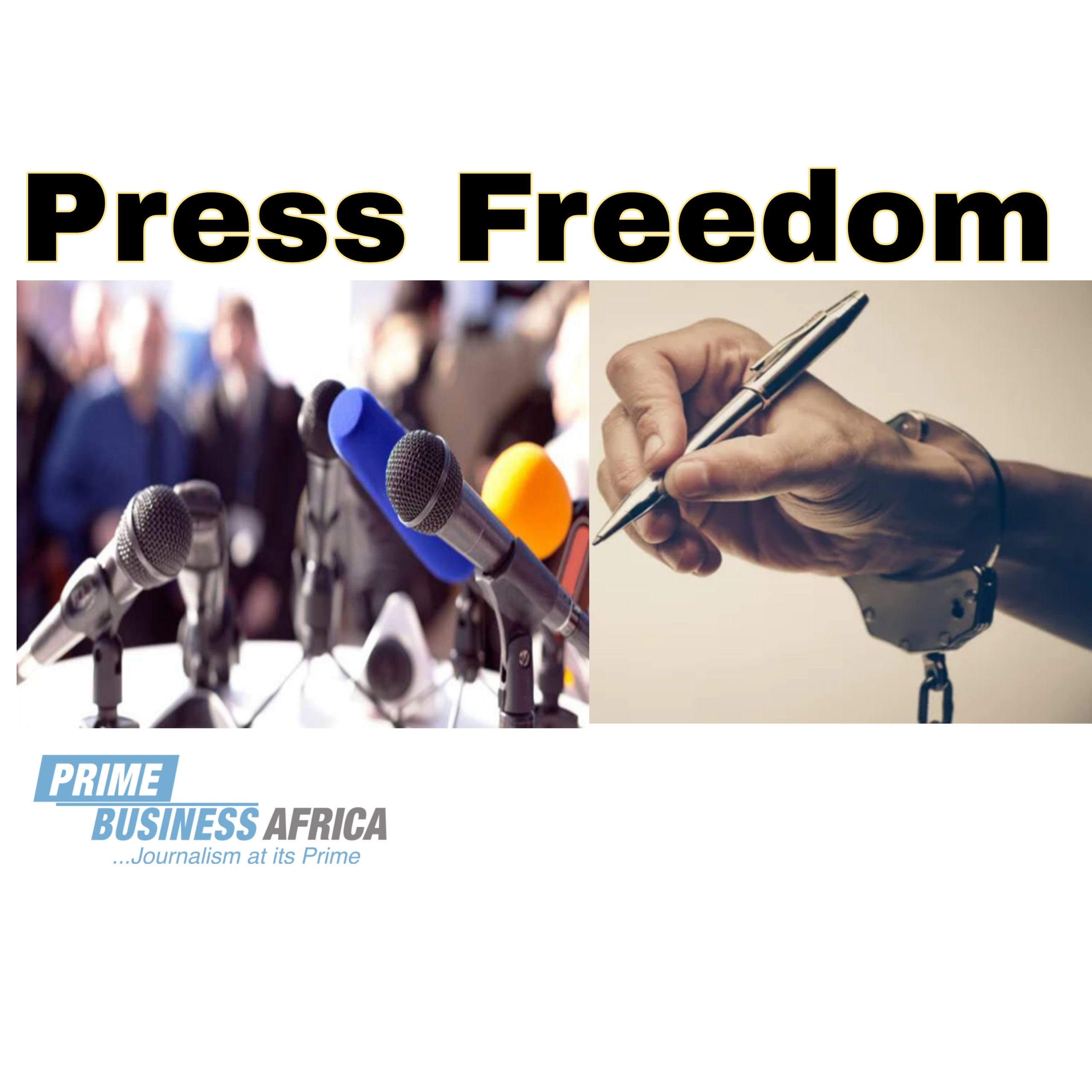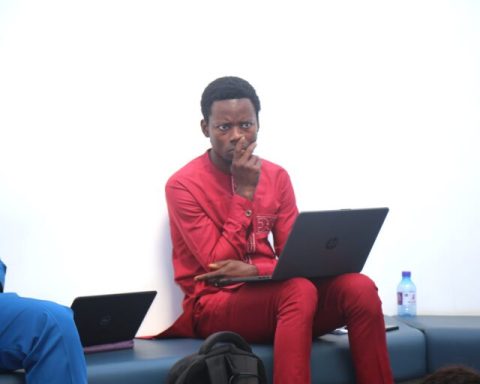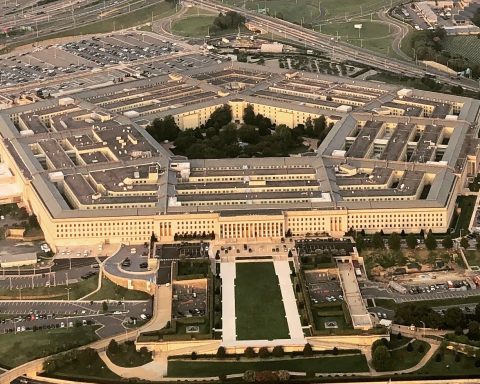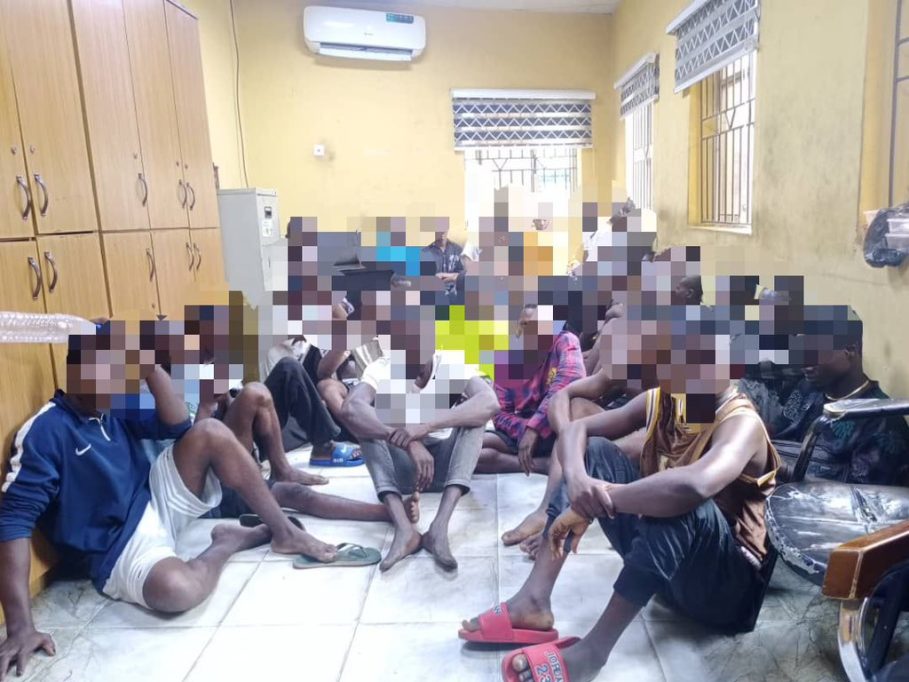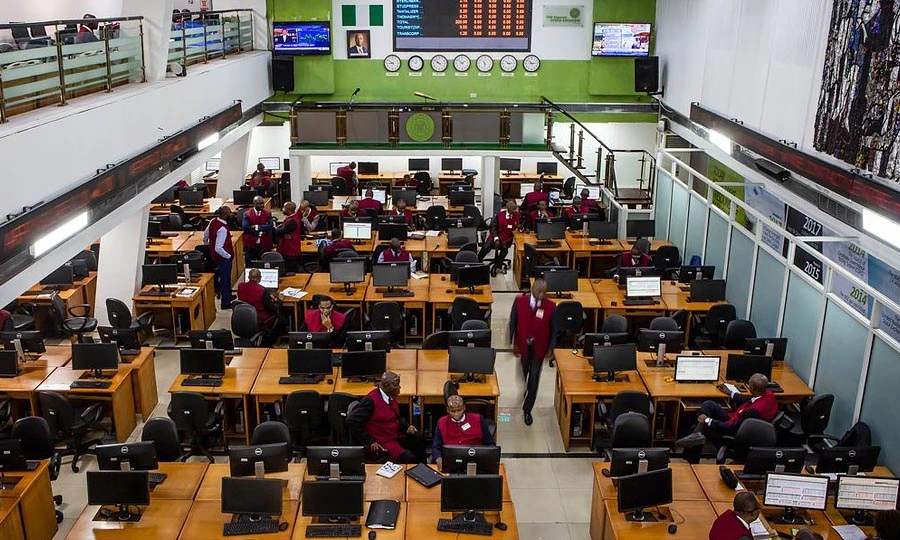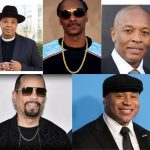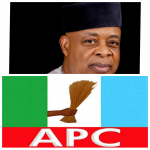As journalists and their audiences marked the World’s Press Freedom Day, May 3, several calls rang out globally, urging governments to protect journalists more. Truly, journalists need more protection because, as professionals, their members die at a rate much higher than many other professions just for doing their work. In about one year between 2022 and 2023, at least 153 journalists died worldwide in the line of duty. In conflict zones, the UNESCO reported 19 killings in Palestine, three in Lebanon and two in Israel since 7 October 2023. Afghanistan, Cameroon, Syria and Ukraine have two killings in each case. The body also documented 759 election-period attacks against journalists in 70 countries between January 2019 and June 2022.
READ ALSO: World Press Freedom Day: Guild Of Editors Tasks N’Assembly On Law To Protect Journalists
Join our WhatsApp ChannelSub-Saharan Africa remains one of the most dangerous regions of the world to be a journalist. In 2023, Nigeria was ranked 123 out of 192 countries where journalists are most endangered. In 2022, the country ranked 129.
The Zone of Silence
Despite the above condemnable situation, the UNESCO notes that journalists’ death related to their work has been on a steady decline over the past 15 years, especially in non-conflict zones. In the place of killings, something else is receiving attention.
Therefore, in addition to killings, the UNESCO also reports a worrisome culture of threats, beatings, harassments, equipment/property seizures and destruction. It is not easy to put a figure on these, because harassments lead to fear, abandonment of duty and risky topics. As a result, UNESCO says the climate of harassments and threats contributes to “zones of silence” opening up in many conflict zones, with severe consequences for access to information, both for local populations and the world at large.
This zone of silence, for instance, has happened severely in Nigeria where the media have been accused of reporting far less than necessary on the following subjects: electoral process, banditry, ethnicity, food insecurity, farmer-herder-conflicts, religious fundamentalism, kidnapping, ritual killings, official corruption, religious domination, sectarianism, secessionist irredentism, non-state actors, ethnicizing Nigeria’s security architecture, etc. The media in Nigeria were accused of keeping quiet on these issues beyond just ordinary first-time news. No investigations, no analysis, no questions, no interviews.
The Real Press Freedom
The main roles of the media are keeping the leaders accountable and responsible, social mobilization, cultural socialization, environmental surveillance and social enlightenment and entertainment. These remain largely unattended due to the culture of silence and fear and corruption.
The real lack of freedom for journalists is the inability of government and policy makers to accord journalists their constitutional rights. Notice that during the COVID-19 pandemic, the National Centre for Disease Control (NCDC), instead of the media, became the main broker of health information. Journalists did not even have the right of free movement and access to the isolation centres. Some people tended to defend government for restricting journalists’ movement, but the repercussion easily showed. There was widespread skepticism about the truth of the disease.
Who is a Journalist?
The Constitution of the Federal Republic of Nigeria, Section 22, gives the media the freedom to uphold the fundamental objectives of the entire Constitution and to uphold the responsibility and accountability of the government to the people. That section of the Constitution literally handed all the constitutional provisions to the mass media to look after. Section 39 (1) grants freedom of expression, freedom to hold opinion and to receive and impart information. Fortunately or unfortunately, the Constitution then created a bit of a crisis in Section 39 (2) by treating the press just like any other person in terms of allowing anyone the freedom to own, establish and operate any medium for the dissemination of information. The era of the social media has shown that this provision was a mistake.
So far, there is a paradox created by the myth of freedom of communication, yet journalists are often seen as being gagged. While people are allowed to say their minds on the social media, journalists are still fearful of government reprisals for being ‘too investigative’. Rather than creating a situation of true enlightenment, the social media have been known more for spreading misinformation, mal-information and disinformation, all culminating in fake news and all kinds of manipulations and deepfakes. Worse is the potential of the social media for bullying, fraud, immoral exposures and licentiousness. This situation confuses technological freedom with social responsibility, accountability and a sense of duty.
The question then arises: who is a journalist?
This question is important because it is the recognition of who doctors and health workers are that made it imperative for them to remain on the frontlines despite the deadly nature of Covid-19. It was the same with security agencies, who were solidly used to harass journalists. Can journalists be defined in this same light of professional recognition due to the nature of their work? The Constitution says it all.
The other aspect of media freedom is that the media, though a social institution, is run mostly as private, profit oriented franchise in Nigeria. The implications of this scenario on profit-making and competition has led to what some researchers called a transformational crisis brought about by the new technologies of communication. This should not really be a problem since it has the potential to lead to healthy rivalry for the best output. However, journalists need immunities like lawyers, judges and even the clergy.
The Committee to Protect Journalists has duly asked government to overhaul legislation, rules, and changes to stop the imprisonment and monitoring of journalists.
Laws must anticipate the special nature of journalistic function
Laws must anticipate the special nature of the journalistic function as people who trade in hard and fast moving news and information. Such people, having been professionally trained, should be given benefit of legal protection against the laws of defamation, and sedition. The Nigerian Guild of Editors (NGE) appear to understand this when they tasked the National Assembly on May 3 to enact laws to protect journalists against litigations and legal bottlenecks, which are aimed at silencing journalists. Beyond the threat to journalists’ life, the threat to their professional status as enshrined in the Constitution and extant universal laws is the new area to face the fight against press freedom.
Dr Mbamalu, a Jefferson Fellow and Member of the Nigerian Guild of Editors (NGE), is a Publisher and Communications/Media Consultant. His extensive research works on Renewable Energy and Health Communication are published in several international journals, including SAGE.
SMS/Whatsapp: 08094000017
Follow on X: @marcelmbamalu
Dr. Marcel Mbamalu is a distinguished communication scholar, journalist, and entrepreneur with three decades of experience in the media industry. He holds a Ph.D. in Mass Communication from the University of Nigeria, Nsukka, and serves as the publisher of Prime Business Africa, a renowned multimedia news platform catering to Nigeria and Africa's socio-economic needs.
Dr. Mbamalu's journalism career spans over two decades, during which he honed his skills at The Guardian Newspaper, rising to the position of senior editor. Notably, between 2018 and 2023, he collaborated with the World Health Organization (WHO) in Northeast Nigeria, training senior journalists on conflict reporting and health journalism.
Dr. Mbamalu's expertise has earned him international recognition. He was the sole African representative at the 2023 Jefferson Fellowship program, participating in a study tour of the United States and Asia (Japan and Hong Kong) on inclusion, income gaps, and migration issues.
In 2020, he was part of a global media team that covered the United States presidential election.
Dr. Mbamalu has attended prestigious media trainings, including the Bloomberg Financial Journalism Training and the Reuters/AfDB Training on "Effective Coverage of Infrastructural Development in Africa."
As a columnist for The Punch Newspaper, with insightful articles published in other prominent Nigerian dailies, including ThisDay, Leadership, The Sun, and The Guardian, Dr. Mbamalu regularly provides in-depth analysis on socio-political and economic issues.


